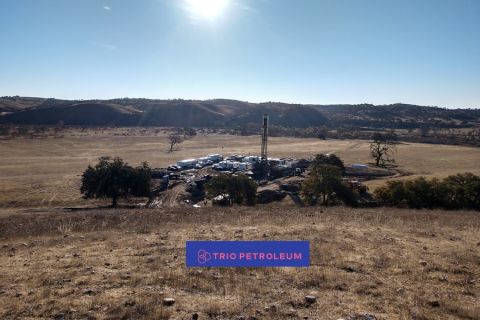Exports of globally refined products are becoming more competitive, although the U.S. still leads the way, according to a new quarterly analysis from Stratas Advisors.
Structural differences in global oil output and crude stocks will have a reflective impact on refining margins and refined product differentials, the analysis concludes. Despite steady gains in crude prices, overall economic health poses a more substantial risk to product demand than absolute price increases. Product prices were hard hit by the downturn at the end of 2018 and have been increasing at a faster rate than crude prices this year, according to Stratas Advisors.
“In this environment, we maintain a generally constructive view for most product prices. For 2019 we expect total product demand to increase 1.25%, and in 2020 we expect product demand to increase 1.44%, driven mainly by jet fuel, liquefied petroleum gas and naphtha,” said Luka Vukomanovic, a global market analyst for Stratas Advisors.
Furthermore, the downstream industry is likely to see continued expansion in capacity during the next decade, with resultant shifts in product flow as centers of demand invest in refining capacity. Nearly two-thirds of the planned refined product capacity additions will be in Asia.
“While U.S. and Asian facilities are expected to continue seeing healthy refined product demand growth and margins, the picture is more bleak in other enclaves,” said Vukomanovic.
Challenges include a gasoline demand slowdown due to efficiency; the International Maritime Organization’s 2020 marine fuel regulations; flourishing petrochemical feedstock demand in the U.S. and Asia; U.S. light oil production growth; and declines of medium-heavy crude oil.
Jet fuel demand growth is assured with major markets continuing to show increases in air travel. A burgeoning middle class is driving air travel in developing economies. Meanwhile, air travel remains a staple of developed economies.
Global gasoline storage levels began the year at the highest levels ever recorded, and considerably above the five-year average. Gasoline stock levels, however, have now dipped below five-year average levels because of an increased demand. “In the following years, because of emerging economies’ diesel preference, vehicle efficiency in developed regions and IMO regulations, we expect to see the economics increasingly favoring diesel,” Vukomanovic added.
Media Contact: Kate Clark
713-260-4657
Recommended Reading
E&P Highlights: April 15, 2024
2024-04-15 - Here’s a roundup of the latest E&P headlines, including an ultra-deepwater discovery and new contract awards.
Trio Petroleum to Increase Monterey County Oil Production
2024-04-15 - Trio Petroleum’s HH-1 well in McCool Ranch and the HV-3A well in the Presidents Field collectively produce about 75 bbl/d.
Trillion Energy Begins SASB Revitalization Project
2024-04-15 - Trillion Energy reported 49 m of new gas pay will be perforated in four wells.
Exxon Ups Mammoth Offshore Guyana Production by Another 100,000 bbl/d
2024-04-15 - Exxon Mobil, which took a final investment decision on its Whiptail development on April 12, now estimates its six offshore Guyana projects will average gross production of 1.3 MMbbl/d by 2027.
US Drillers Cut Oil, Gas Rigs for Fourth Week in a Row-Baker Hughes
2024-04-12 - The oil and gas rig count, an early indicator of future output, fell by three to 617 in the week to April 12, the lowest since November.




